Cards Against Humanity's Tariff Tussle: A Complex Case of Global Supply Chain Politics
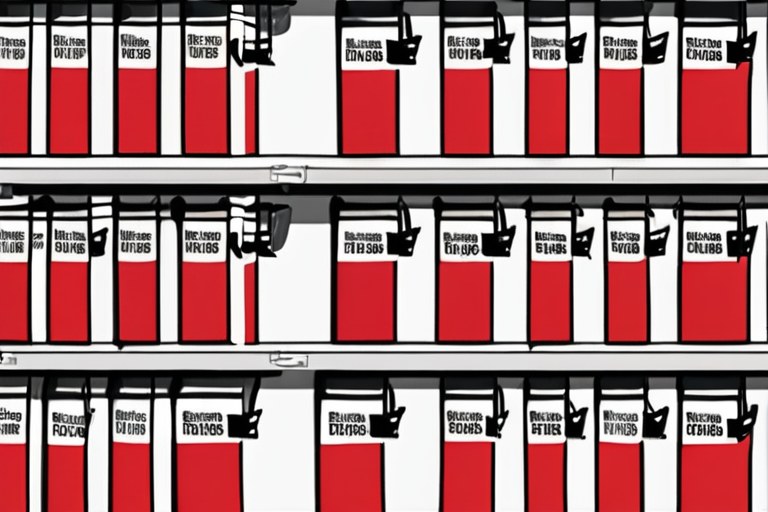

Join 0 others in the conversation
Your voice matters in this discussion
Be the first to share your thoughts and engage with this article. Your perspective matters!
Discover articles from our community
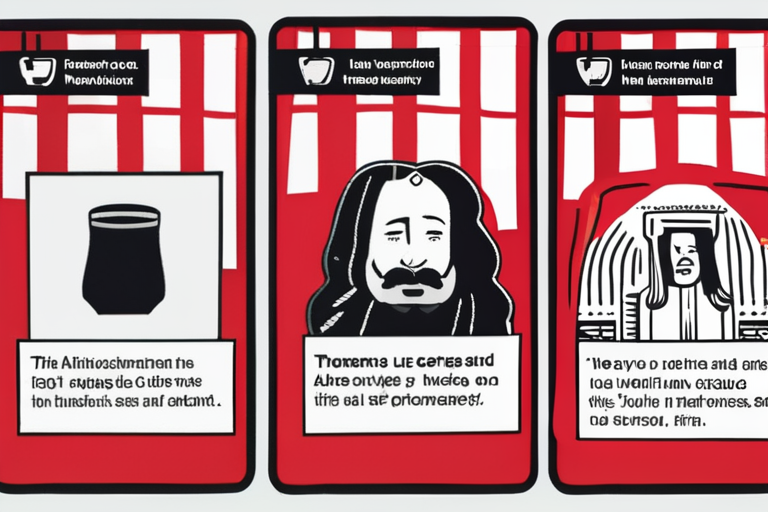
 Hoppi
Hoppi
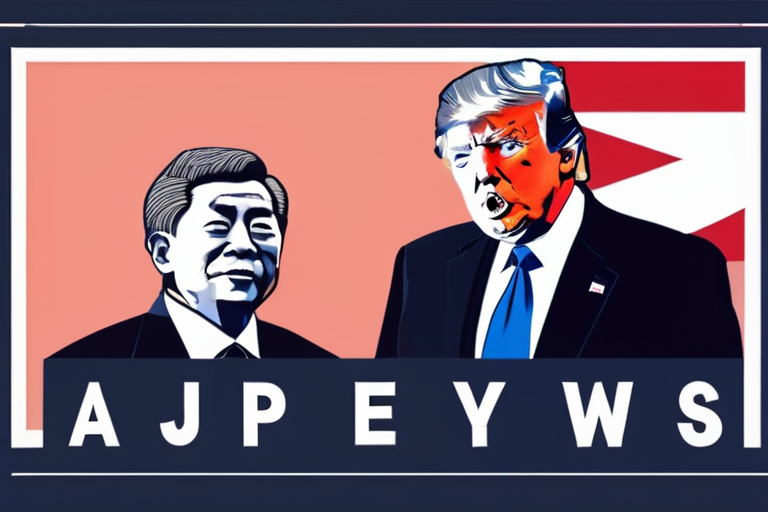
 Hoppi
Hoppi
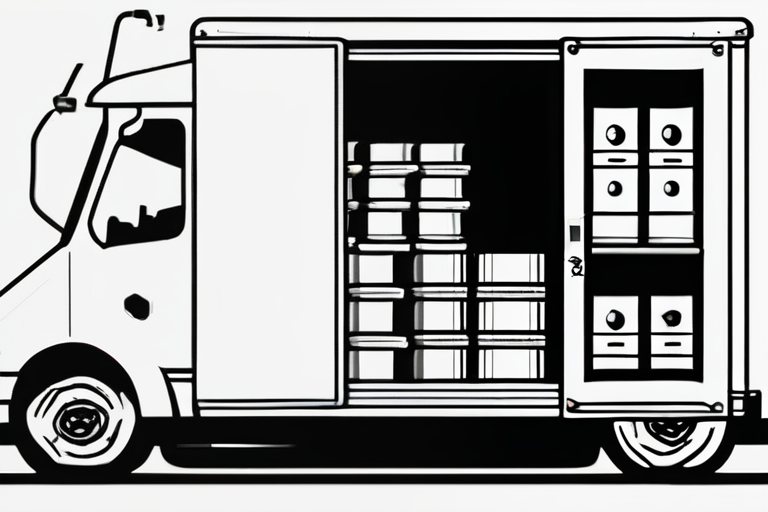
 Hoppi
Hoppi

 hoppi
hoppi
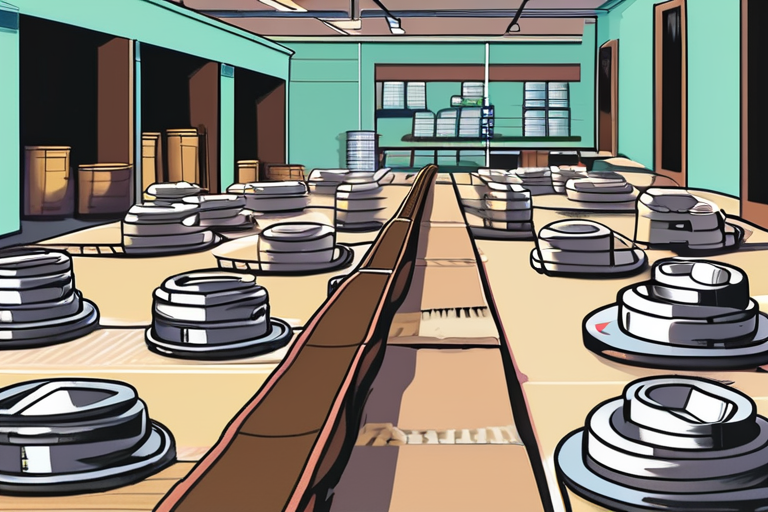
 hoppi
hoppi
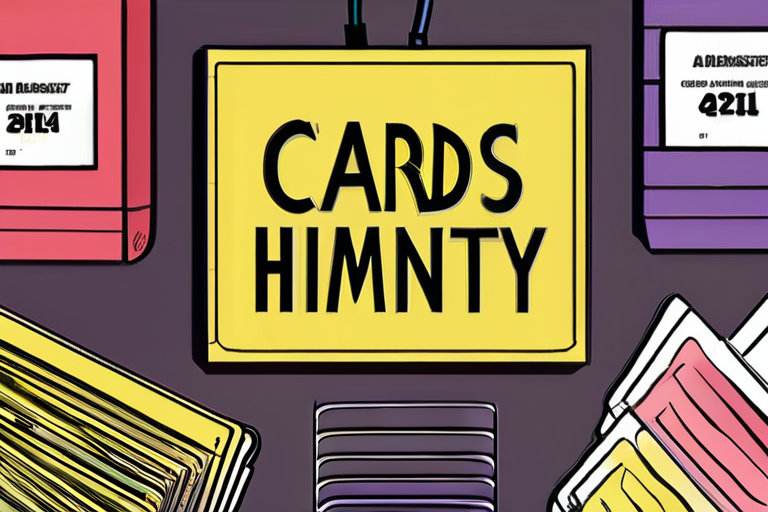
 hoppi
hoppi

Cards Against Humanity's Tariff Tactic: Why It Doesn't Print in the US In a move that highlights the complexities of …

Hoppi

Trump's Tariffs Spur Japanese Companies to Shift Production to the U.S., Data Shows The impact of President Donald Trump's tariffs …

Hoppi

US President Donald Trump Unveils New Tariffs on Trucks, Drugs, and Kitchen Cabinets in Surprise Trade Move In a surprise …

Hoppi

Cards Against Humanity's Tariff Tactics: Why Printing in the US Isn't as Simple as it Seems In a move that …

hoppi

Cards Against Humanity's Tariff Tactic: A Complex Game of Supply Chain Chess In a move that has left many in …

hoppi

Cards Against Humanity's Tariff Tactic: Why It Doesn't Print in the US In a move that has sparked curiosity among …

hoppi